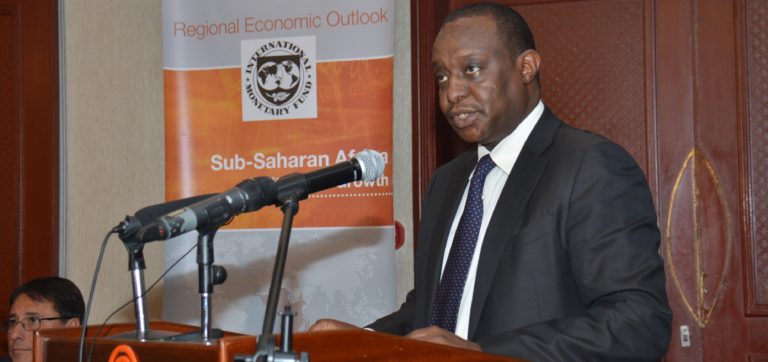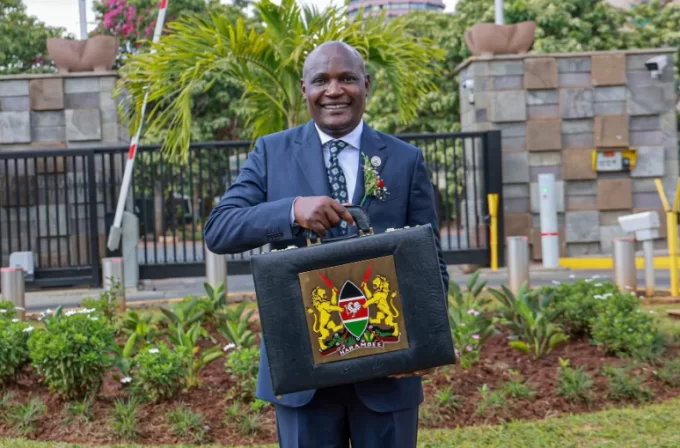The National Treasury Cabinet Secretary Henry Rotich will read his fifth budget speech on 30th March, a very unusual time for Kenya, almost two and a half months earlier. Traditionally, the budget is read on the second week of June in all the East African countries.
This year’s budget-making process was fast-tracked to allow Parliament, both the Senate and National Assembly, to play its supervisory role and leave time for the MPs to campaign for re-election in the forthcoming General Elections on 8th August. The Elections Act requires political parties to finish party primaries 60 days to elections. Since most MPs will be actively campaigning for party nominations, which start next month, they may not have time to attend to Parliamentary business.
“We have revised our budget calendar to enable Parliament approve the 2017/18 financial year Budget Estimates, in view of the forth-coming 2017 General Election scheduled for August. The objective is to ensure that the budget is appropriated in good time,” said Rotich last year.
The 2017/18 budget-making process started in mid-July last year when Treasury issued the MTEF guideline and launched the sector working groups.
Later after stakeholders’ engagements, a draft Budget Review and Outlook Paper (BROP) was prepared and taken to Parliament for approval. By December, Treasury had prepared a draft Budget Policy Statement (BPS), Division of Revenue Bill (DORB) and County Allocation of Revenue Bill (CARB). The CS then read budget estimates before Cabinet for discussion and approval.
The estimates were approved, signalling an increase in budget from the current Ksh2.48 trillion to Ksh2.62 trillion in the next financial year. In the advent of the 2010 Constitution, the budget-making process has changed. The process is guided by the Public Finance Management Act (PFMA), 2012 which reduced Treasury powers and brought in more players to the process.
Budget proposals
Unlike in the past when the Treasury submitted the entire budget for scrutiny, the Constitution requires the Executive, the Judiciary and the Parliamentary Service Commission to separately submit their respective budget proposals to Parliament by April 30 every year to allow the National Assembly adequate time to scrutinise the various programmes funded and the amounts allocated.
Public participation in all public finance management matters is a constitutional requirement and the role of the National Assembly in the budget making process has been enhanced. Parliament now actively participates in the budget making process. In the past the role of Parliament was limited to approving the budget and providing oversight on its implementation. (additional reporting from PD)
[crp]












Leave a comment